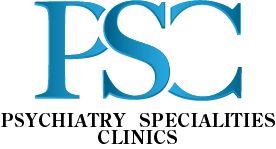In advanced forms of addiction, people develop a high tolerance to the substance, which means they need increasingly larger amounts of the drug or alcohol to prevent or alleviate the withdrawal symptoms. In other words, those with a high tolerance need to have a higher blood level of the drug or alcohol to feel normal and go about their daily routine. Soon after ingesting the drug or alcohol, they experience additional intense urges to use, and if they don’t ingest the substance again, they feel physical or psychological distress.
There are multifold risk factors influencing one’s likelihood of developing a chemical substance addiction. Broadly, these risks are categorized as genetic and environmental factors, similar to ‘nature vs. nurture.’ Conversely, genetic and environmental factors can also help protect against addiction.
We live in a unique, composite environment of biological, psychological, and social spheres that can either act as protection against or as a risk for drug and alcohol abuse and dependence. Our state of mental and physical health; any physical or psychological traumas; our personality traits; life stresses, such as work; our financial situation; any legal issues; our relationships with friends and family; and our values are all determining factors for drug and alcohol abuse. In the above list, all negative factors are risks, and all positive factors are protective (e.g., a poor relationship with family is a risk factor, whereas a positive relationship is protective). If the drug or alcohol abuse continues, these factors continue to deteriorate exponentially. Likewise, if the drug or alcohol abuse is stopped, these factors start to naturally improve.
At PSC, we use a combination approach of helping people to stop using drugs and alcohol while at the same time also administrating treatments for mental and physical health, providing psychosocial support, and supplying therapy to help change patients’ perspectives in favor of good health and happiness.
We treat patients who are at risk of or who have already developed an addiction to chemical substances such as alcohol, nicotine, prescription opioids or heroin, fentanyl, cocaine, methamphetamine, benzodiazepines, and others. We offer outpatient detoxification for opioids and other substances, including uncomplicated alcohol and benzodiazepine addictions. Even after detoxification and the elimination of withdrawal symptoms, people continue to experience urges to use alcohol or drugs, partly for pleasure and partly to numb feelings of stress, depression, and anxiety. Therefore, we also offer long-term medication-assisted treatment (MAT) for relapse prevention to patients who have overcome the medically supervised withdrawal phase.
Book Chapter: Opioids Addiction in Adolescent and Young adults


